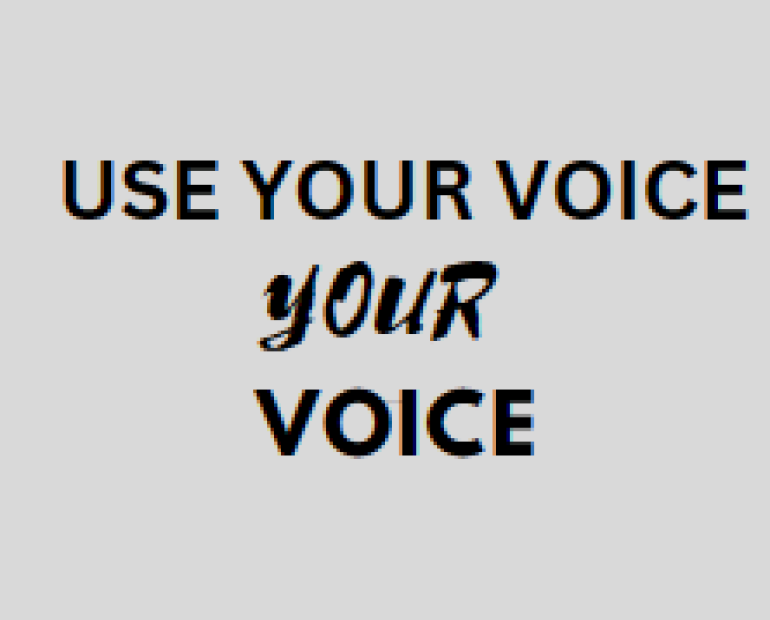
Everyone has times when they feel so down and suffocated with their own problems. In those times, everyone wants to go into their own world and be cut off from everyone else, not wanting to get in touch with anyone. Even the one who is the best listener has his/her worst times, when that person doesn’t feel like listening. Even the most patient person has such downtime which makes him/her impatient.
The problem is, that no one wants to see them in that state. Ignorant about their mental state, they still keep making them listen to their own ramblings. They don’t understand, or they don’t want to understand. So we hide our true feelings, wear a mask, and still put the other one first while struggling with our own sufferings, unable to get a listening ear or a comforting hug. They have to play the role of listeners, but no one will listen to them. Society wants us to stay perfect all the time.
Not listening is interpreted as not being interested, not replying to a text is interpreted as disliking, and not meeting is often interpreted as a lack of love. Without even knowing the real reason behind it.
That's why the problem begins, misunderstandings arise and if it continues, it ends up in fallout or in the worst case, brings the end of a relationship.
Have you ever experienced this?
Maybe you wanted someone to listen to you, but at that moment that person refused to listen to you. You might get angry and hurt also, maybe you thought that person doesn’t love you much, or that person is selfish... etc.
We are always told to be good listeners to support people who need help. But to communicate properly, the person who is talking about problems should maintain some ethics too.
Here are some tips based on my personal experience.
- At first, ask the person when he/she is available and whether he/she has enough time to listen to you.
- Notice the person’s situation and mood. If he/she goes through anything that time and has a bad mood, it’s not likely for you to ask for help from that person.
- If any topic seems to trigger the listener, avoid it and talk about that topic with someone else.
- If you don't need help and advice and just need a listener, then inform that person first to avoid unasked advice.
- You need to open up at times, but don't overshare. Keep in mind that no matter how close the listener is, he/she is not you. Keep a respectful distance, it’s good for both.
- Be respectful. If the listener doesn’t seem to be available or refuses to listen to you, talk to that person and respectfully ask why he/she is like that. Try to understand the reasons behind it. It’s normal to have bad feelings about it but don't be disrespectful.
- Instead of depending on a single person as a support system, you should find some alternative persons in case that person is not available.
Listeners are humans too. Most of the time, those listeners are our friends, parents, teachers, or family members. They themselves have their own lives to live and their own problems to deal with. Sometimes, their own struggles prevent them from being good listeners to us. It doesn’t mean that they don’t care about us or do not prioritize us. It doesn’t mean that we are burdening them. We should be respectful towards them and maintain healthy communication.






